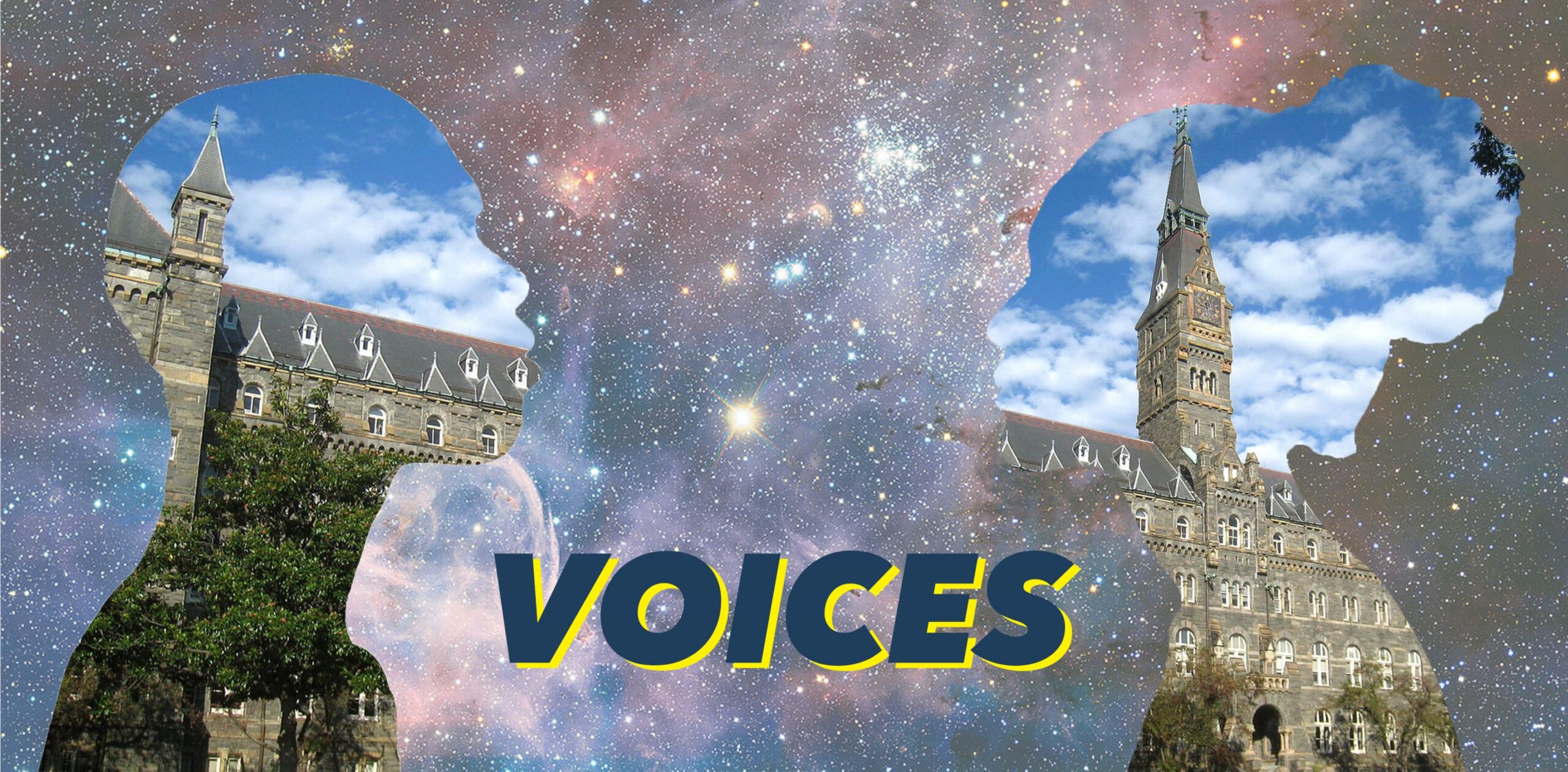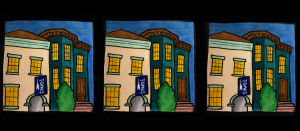Everything I needed to know in life, I learned from Batman.
Ok, everything might be a stretch. What I mean by that statement is that of the countless memorable lines of dialogue from Christopher Nolan’s sublime Dark Knight trilogy, one particular quote from 2005’s Batman Begins has stuck with me. Bruce Wayne tells his trusty butler Alfred the following philosophy. “As a man, I’m flesh and blood, I can be ignored, I can be destroyed. But as a symbol … I can be incorruptible. I can be everlasting.”
This line did not mean a lot to nine-year-old me sitting in the theater. I was eagerly waiting for Wayne to dress up like a bat and punch bad guys—not wax poetic about the nature of symbols. But little did I know, these words would provide comfort for me during a crisis of faith.
During third grade, I became an altar server at my Catholic parish, and remained one until eighth grade. I loved being an altar server because, as cliché as it might sound, I felt like I had an active role in my religious life. I also enjoyed ringing the bells as loudly as I could during the Eucharistic Prayer, but that’s beside the point. I felt connected to the church, to the priests, and to my family, who would put up with going to mass ten minutes ahead of time so I could get ready.
My experience as an altar server made it incredibly difficult to hear about sex abuse scandals and subsequent cover-ups in the Catholic Church. There wasn’t one clear moment when the magnitude of the scandals hit me. But the piecemeal delivery of the extent of the abuse was almost totally crushing. I couldn’t believe it—how could so many boys in the same position as me be victims of such awful crimes? The more I heard about the scandals, the more I began to drift away from my faith. I felt increasingly disconnected from the very thing that had been so integral to my childhood. The scandals shattered my idealistic image of what the Church was. I didn’t want to associate myself with an institution that covered up such heinous abuse.
When I came to Georgetown, my faith was an afterthought. I had bigger issues: class, extracurriculars, how much Easy Mac is appropriate to eat in one sitting, and so on. In meeting people of different religious traditions, and even some of my own, however, I began to see the positive effects that faith has on people’s lives. Yes, my reactions to the scandals were more than warranted. But they did not justify completely turning my back on the Catholic faith. Just like my alienation from the Church came in bits and pieces, my return has been an ongoing process.
The old saying goes that you should never see how the sausage gets made, but it has never really made sense to me until senior year of college. When people ask me what my biggest takeaway from senior year has been so far, my most honest answer is disillusionment. With age comes wisdom, and with wisdom comes a recognition of the imperfections in so many things you hold dear. It’s difficult to pinpoint exactly when I started to realize this. But the disillusionment appears to be something that has been spreading across American society.
Trust in our society has plummeted, whether it’s in the media, Congress, or the Church, or simply institutions in general. At first glance, this is certainly understandable, and it’s not a new trend. But there’s something discouraging about the disillusionment that can occur when one’s image of an institution comes crashing down to earth. We embody our values in the institutions on which America has been built. Whether it’s free speech and the media, equal rights and the courts, or freedom of religion and different religious traditions, our trust in these institutions is vital to a healthy, vibrant society. And it’s apparent that while trust may wax and wane, its most recent decline may be for good.
The question then becomes how we restore that trust. Or perhaps it becomes whether that trust can ever be restored.
That is why the quote from Batman Begins means so much to me. Humans are imperfect creatures. My grandfather always said that I should never let anyone get in the way of my relationship with God. I lost my faith in the people who constitute the Church, but I shouldn’t have lost my faith in what the Church stands for: living a righteous, moral, compassionate life, among other things. What the Church stands for is far more important than the individuals who constitute it. The Church, just like any other institution, must be more than a sum of its parts when those parts are inherently flawed. And values must be able to survive the onslaught of human imperfection—including my own.
Obviously my experience with the Church is my own, and I definitely can’t claim to speak for everyone. Disillusionment at stark reality is no excuse for abandoning long-held beliefs, or for resigning oneself to the flaws of mankind. Those values are what I hold within myself. An understanding of the power of individuals to hold beliefs so strong that they cannot be damaged by flawed institutions or by the harsh realities of the world is something I’ve gained during my time at Georgetown. It’s one of the lessons I’ve come to appreciate the most, even if it’s not necessarily an easy one to grasp.
The next step? Become Batman.






